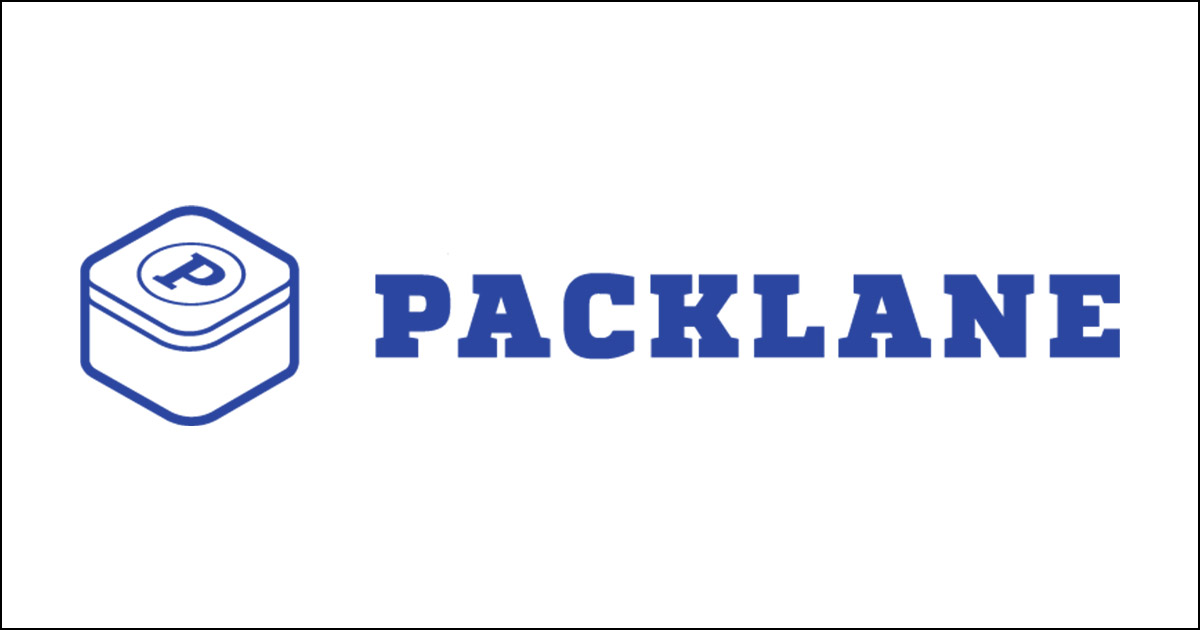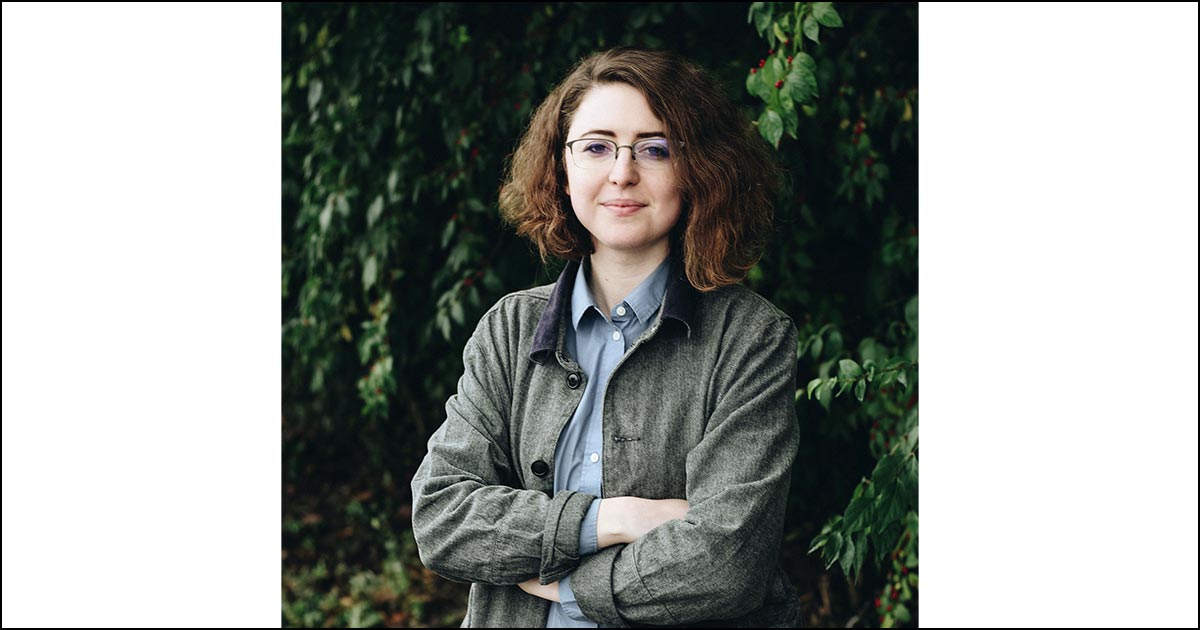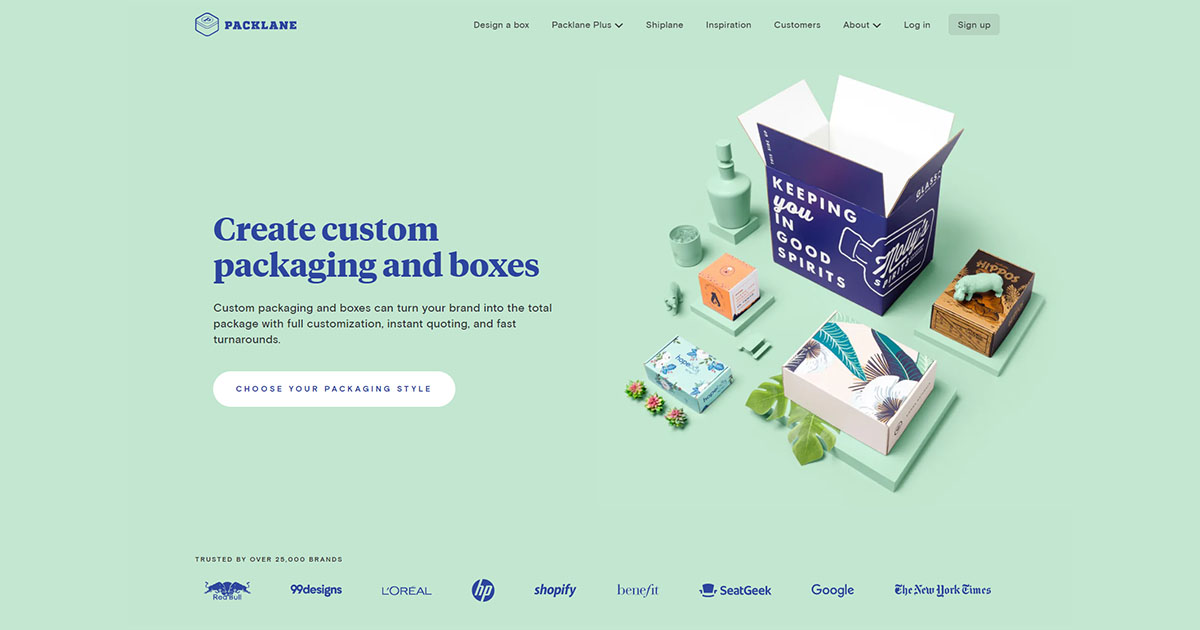Packlane Profile

Last Updated: By TRUiC Team
Packlane takes business branding for ecommerce businesses to a new level with easy, affordable packaging that doesn’t sacrifice brand continuity.
Interview With Miriam Brafman
Describe your product or service:
“Packlane makes the process of ordering custom boxes and packaging supplies easy and affordable for brands of any size by offering low minimums, fast turnaround, plenty of customization options, and free online proofs in 3D.”
Describe your company values and mission:
“Our vision is to help brands bring their vision to life with beautiful and sustainable branded products and packaging supplies. Our values include Respect, Excellence, Customer, Integrity, Frugality, Performance, and Speed”
How are you funded? I.e. type of funding, number of funding rounds, total funding amount.
“Venture-funded — $4.5 million.”
How big is your team? Tell us a little about them (I.e. co-founders, freelancers, etc.)
“87 employees across operations, manufacturing, sales, customer service, prepress, product, and engineering. No co-founders.”
How did you come up with and validate your startup idea? Tell us the story!
“I started getting interested in ecommerce around 2015, and as I was exploring ideas, I started getting really enthusiastic about the packaging design aspect of building a brand with physical products! As I looked around online, it was apparent that there was a dearth of customer-centric packaging suppliers that had invested in their web presence. That got my attention enough to feel like there was a kernel of an opportunity, so I began poking around online forums, subreddits, and Facebook groups to see if people were talking about this topic and their pain points. [I] found plenty of evidence that there was an unmet need. The more I dove in, the further I strengthened my conviction around building something unique in this problem space and my ability to make it happen.”
How did you come up with your startup's name? Did you have other names you considered?
“It sort of just came to me. When I'm in that headspace where I'm cooking up an idea and feeding off that energy, I start thinking of names and looking up domain names. I think I very quickly settled on the first "solid" name I thought of that also had a domain name available so that I could move into the branding and building stage.”
Did you always want to start your own business? What made you want to become an entrepreneur?
“Definitely. I grew up in Silicon Valley surrounded by lots of entrepreneurial inspiration, and it was very clear to me early on that technology was opening up incredible opportunities for anyone to start and scale their own business with minimal resources. I taught myself web design and programming in high school so that I could start building products, with the hopes of one day starting my own company solving a problem I was passionate enough about.”
Feeling inspired? Learn how to launch your company with our guide on how to start a startup.
Did you encounter any roadblocks when launching your startup? If so, what were they and what did you do to solve them?
“Finding the right supplier to partner with after building the website was extremely difficult. There were only a couple of options, and only one of them was willing to work with me at the time. The supplier knew they were our only partner and took advantage of the situation in ways that almost crushed the company several times throughout that first year in business. Luckily, we reached a point where we were finally able to move away from them with our own internal manufacturing and some other partners we found, but it was a rocky start that was massively challenging to navigate.”
Who is your target market? How did you establish the right market for your startup?
“Initially, it was designers, ecommerce merchants, subscription box merchants, and entrepreneurs. We've since branched out from that quite a bit and broadened our target market, but I focused on those segments at inception for a few different reasons. Designers and entrepreneurs reflected my own personal identity when I was first looking at packaging resources — I wanted to build a brand that spoke to this audience and more visually-minded creatives and brand builders in general. Ecommerce and subscription box merchants emerged from my initial market research, product testing, and customer interviews. Both of those categories were rapidly growing niches with very standardized packaging requirements, and all of the merchants I spoke with or researched had pain points with existing solutions.”
What's your marketing strategy?
“We optimize a variety of channels like organic search, Google Adwords, YouTube ads, Facebook ads, and email marketing. We also work on investing in our brand and product experience to increase overall brand awareness.”
How did you acquire your first 100 customers?
“I did a lot of manual outreach — finding subscription box owners on Instagram and emailing them personally with an offer to try us out. In parallel, I also allocated a small daily budget for Google Adwords just to get some initial traffic and customer traction. I also had a couple of VERY happy early customers spread the word in their Facebook groups and online communities, and that built up further momentum and customer adoption at the beginning.”
What are the key customer metrics / unit economics / KPIs you pay attention to to monitor the health of your business?
“Margins, organic web traffic, acquisition cost, weekly new customer count, and of course revenue!”
What's your favorite startup book and podcast?
“Startup book: It's a tie between ‘The Hard Thing About Hard Things’ by Ben Horowitz and ‘7 Powers: The Foundations of Business Strategy’ by Hamilton Helmer.
Startup podcast: ‘Founders’ podcast or ‘Acquired.’”
What is a song or artist that you listen to for motivation?
“Adam Pits and Guy Contact are recent favorites of mine for motivational music.”
Is there a tool, app, or resource that you swear by to help run your startup?
“The most under-the-radar resource has been the eCommerceFuel forum run by Andrew Youderian. I joined the forum shortly after launching Packlane, and the community quality, forum content, and events have been invaluable for me as I've scaled Packlane. I learn a tremendous amount from the other entrepreneurs I've connected with there, and it has helped me avoid many costly mistakes and course-correct along the way. I can't recommend it enough for other ecommerce entrepreneurs out there looking for peer-to-peer learning opportunities, relationships, and relevant content.”
What is something that surprised you about entrepreneurship?
“Just how frequently your success or failure is determined as a result of the strategic/competitive landscape and market size of what you're selling, versus just pure execution. Marc Andreessen famously summarizes it this way: ‘When a great team meets a lousy market, market wins. When a lousy team meets a great market, market wins. When a great team meets a great market, something special happens.”
How do you achieve work/life balance as a founder?
“If you have the luxury to reach a scale where you can effectively delegate some of the workload to talented managers or employees, then you can achieve some level of balance. But it's very difficult when the company is small or tackling ambitious goals — I think many founders work extremely hard and have a fair bit of imbalance when it comes to making time for personal priorities.”
What is a strategy you use to stay productive and focused?
“I don't have any real strategy — just a high level of paranoia and awareness about what can go wrong, along with a lot of skin in the game that gives me ample motivation and competitive drive to improve things.”
What was your first job and what did it teach you?
“My first job was working as a web developer at Lawrence Berkeley National Laboratory. I was building software tools and interfaces for materials scientists doing very complex research and analysis, and as the sole developer and designer for a massive project, I was forced to architect and execute very complex technical work without any help from team members. It was like drinking from a firehose, so it taught me that I was capable of taking on much bigger challenges and workloads than I ever thought possible, and that gave me the conviction I needed to do something like build a business as a solo founder.”
Recommended:
- Keep up with more startup companies by visiting our list of the top startups to watch.
- Hear startup stories from real founders on the Startup Savants podcast.
- Form your own startup by reading our review of the best online incorporation services.
Tell Us Your Startup Story
Are you a startup founder and want to share your entrepreneurial journey withh our readers? Click below to contact us today!
More on Packlane

Packaging Startup Packlane
Miriam Brafman, founder of packaging startup Packlane, shared valuable insights during our interview that will inspire and motivate aspiring entrepreneurs.

Ways to Support Packaging Startup Packlane
We asked Miriam Brafman, founder of Packlane, to share the most impactful ways to support their startup, and this is what they had to say.


